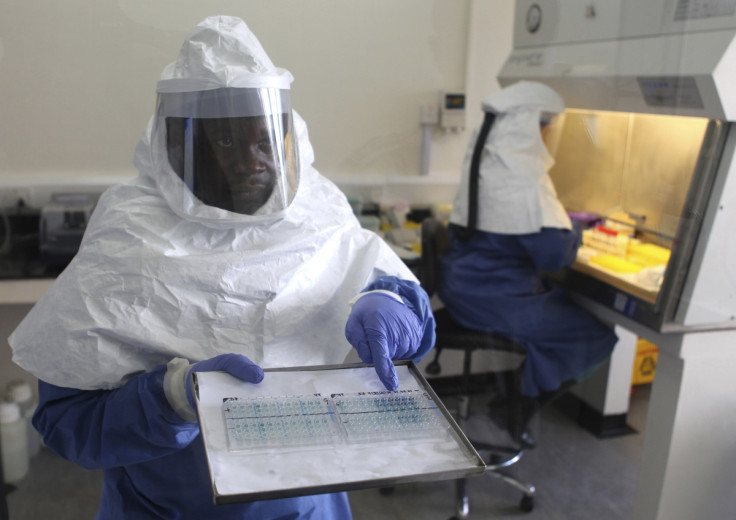Ebola: International Medics Travel to Sierra Leone to Tackle Outbreak

International medical teams are set to arrive in Sierra Leone after an outbreak of the deadly virus Ebola east of the country.
The medical experts - from the World Health Organisation (WHO) and Doctors Without Borders charity - are on an emergency mission to West Africa after six suspected Ebola patients were removed from hospitals by their families in defiance of doctors' orders.
The teams are on their way to the remote town of Koindu in eastern Sierra Leone.
The families became "aggressive" with staff who had tried to stop the patients leaving the hospital for fear of contagion, according to Dr Amara Jambai, the director of disease prevention and control at Sierra Leone's health ministry.
It is reported that the families feared that the patients would die a lonely death from Ebola so removed them from hospital without understanding how contagious the virus was.
They have therefore put themselves and people in their surrounding communities in danger of infection.
Two people have died in Sierra Leone from the Ebola virus this year while neighbouring Guinea and Liberia have seen 174 and nine deaths respectively.
The most virulent strains of the virus have a fatality rate of 90%, while this outbreak has claimed over two-thirds of the infected patients.
The virus is spread by contact with symptoms such as diarrhea, vomiting and external bleeding.
There is no vaccine or cure for the virus which means that the West African outbreak could last for months. The only prevention methods are isolating those with the virus and anyone who comes into contact with them.
Outbreaks are believed to originate from jungle hunters who ate the flesh of apes that died of Ebola. The disease chain continues after such animals have fed on fruit marked with bat faeces or saliva, according to the New York Times.
© Copyright IBTimes 2024. All rights reserved.






